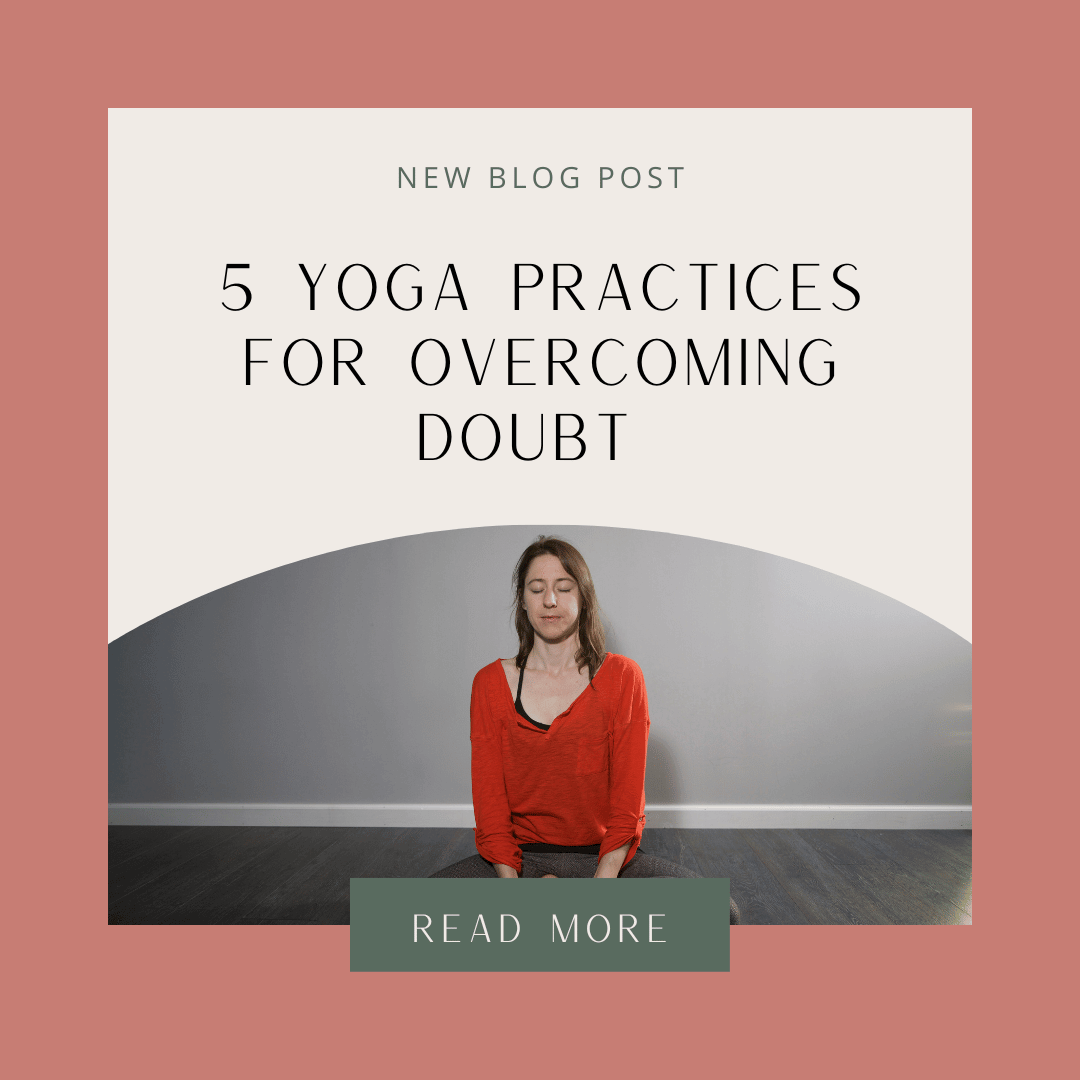Yoga Sutra 1.15
“At the highest level of detachment there is an absence of any cravings, either for the fulfillment of the senses or for extraordinary experiences.”
TKV Desikachar
Yoga Sutra 1.23
“From a special process of devotion and letting go into the creative source from which we emerged (ishvara pranidhana), the coming of samadhi is imminent.”
Jnaneshvara
Yoga Sutra 2.1
“The practice of yoga…must develop our capacity for self-examination and help us to understand that, in the final analysis, we are not the masters of everything we do.”
TKV Desikachar
The ability to let go is the secret of yoga. It’s not so much that it’s a secret as it is painfully difficult to apply. Because it is so difficult, many people give up believing that the pain is worth the effort.
A client of mine was recently frustrated about a family issue. She was confounded about what to do as her attempts to control the situation in the past seemed to be failing. She was frustrated that other parties were enabling the issue and not taking greater responsibility. She was at a loss for what to do next.
This conversation can easily represent how many people feel about the world these days. We’re frustrated about what’s happening because we’ve tried different tactics before and none of it seems to be working. People who we perceive to be in control aren’t helping. We don’t know what the next step should be.
At this junction, we face a choice. We can continue to try and control the situation or we can let go.
The controversy of detachment
When I taught my Sutra Study Club over the summer students got most agitated about this word detachment.
To be detached, for many, means not being connected to the world. This causes a lot of fear and displeasure.
Detachment is not about disconnecting from the world or the things in it. Detachment means to disconnect from the reactions of others. Sutra 1.15 suggests that detachment means we don’t crave praise or a specific response when we make a choice. We don’t expect to be recognized as special or that our actions will lead to a particular state of being.
Addiction is an example of being attached to a particular state of being. We attach to a substance or action that reliably produces a specific state of being until we become numb to it and then need more.
Detaching from extraordinary experiences means we make choices not based on a desired end result but based on the present moment. If I choose a particular career, a detached state of being would not be worried about what that career will afford me in my life in the future such as fame, travel, or other experiences. Instead, I can choose a career because I’m interested in the work. I don’t project what that work will bring me, I just do the work.
Operating with detachment as a primary goal in your life requires intense self-awareness. Meditation is a wonderful practice for helping you to build this self-awareness as is yoga asana to help you embody your personal experience. As you become more embodied you will better be able to discern between physical, energetic, emotional, and mental experiences and you will be better armed to make decisions with more data.
Surrender requires faith
The concept of surrender is tricky for the human brain because it can’t be explained away with logical reasoning. At a certain point there are no more answers. There are no more logical explanations. We must choose to either tirelessly work the rest of our lives to find answers, or gracefully surrender to the mystery of a higher design. One path is steeped in frustration, confusion, and anger, while the other path offers ease, peace, and support if we allow it.
I do want to take a moment and be clear that operating with detachment and surrender is a choice that must be exercised appropriately. There are certainly situations that arise in life that absolutely require fighting back for survival. Choosing surrender in these situations would be counterproductive to a fulfilling life.
The faith that surrendering requires does not have to be organized. It doesn’t have to be couched in ritual. It doesn’t even have to be overtly expressed. But it must exist within us and it takes extreme courage to exercise it in moments of great risk.
It is when we surrender to something greater than ourselves and open up to the flow of the universe that we express a readiness to receive. In this space we begin to experience coincidence and divine intervention through unexplained sparks of insight and support.
Living with the mystery can be so much more exciting then living with resistance. Surrender takes courage because it requires softening. Softening requires us to admit that we are human and mortal.
Surrendering requires us to hand over control to someone or something that can’t be named, described, or “known.”
Can you surrender into the mystery? Can you stay grounded, centered, and present in your Self and still live in the world?
This is what yoga teaches us how to do.
May you stay centered and land softly as you fall.
Namaste.





